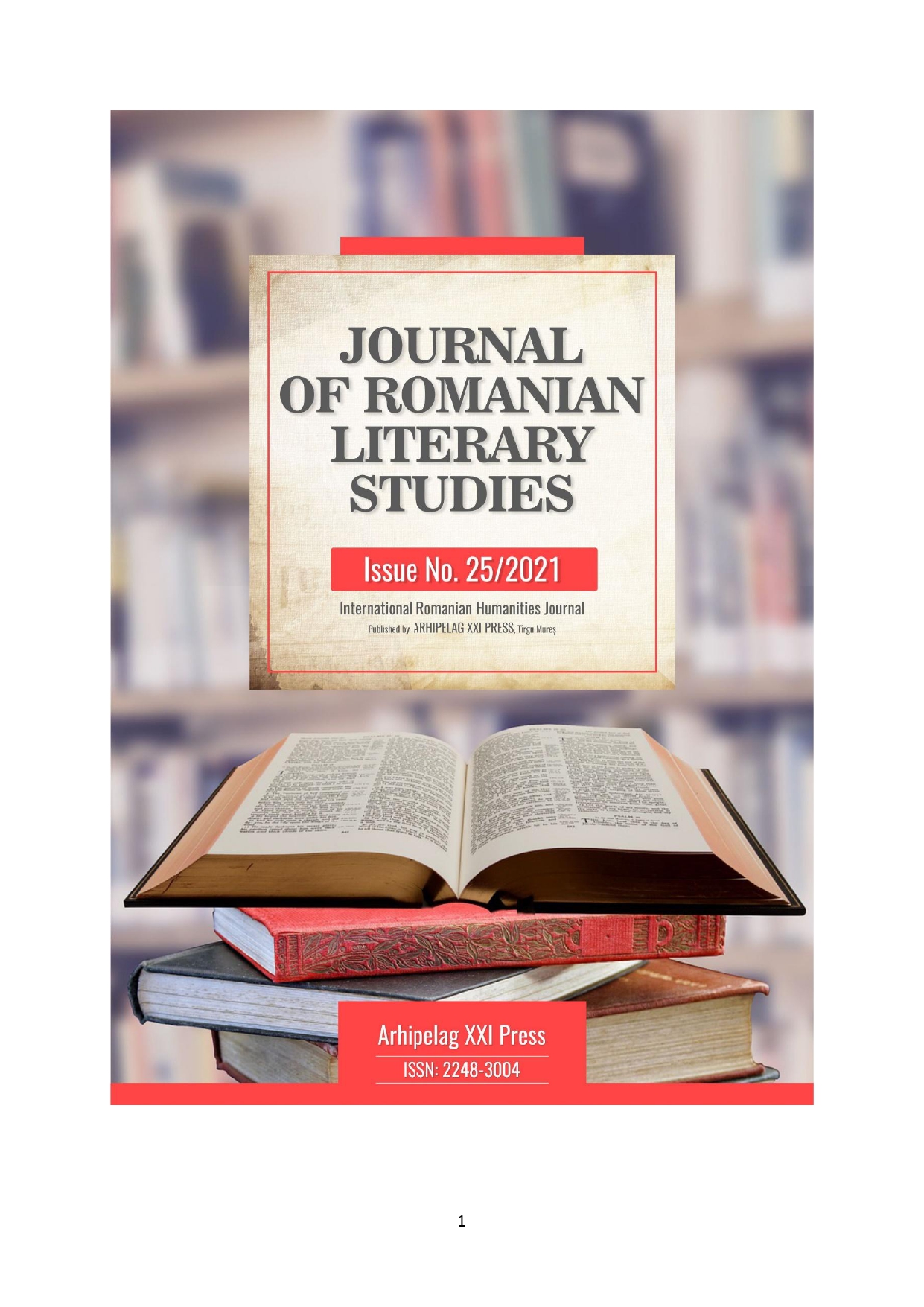THE PITEŞTI GERMAN FUNERAL SOCIETY (1876-1919)
THE PITEŞTI GERMAN FUNERAL SOCIETY (1876-1919)
Author(s): Aurel RaduSubject(s): Local History / Microhistory, Social history, History and theory of sociology, Social Theory, 19th Century, Pre-WW I & WW I (1900 -1919), Ethnic Minorities Studies
Published by: Editura Arhipelag XXI
Keywords: Urban Social Life; Ethnics and Religious Minorities; History of Insurance; The Pitesti Town;
Summary/Abstract: The Pitești German Funeral Society, founded in 1876, represented a form of organization of urban social life, aimed at addressing citizens ’concerns for the end of life. Through a monthly or annual fee, the members of the society ensured over their lifetime that they would benefit from funeral services; this was particularly important at a time when the spectrum of disease, epidemics and wars made life expectancy highly unpredictable. Founded by the German Lutheran ethnic Frantz M. Lehrer (1854-1934), similarly modelled on existing societies within the Austro Hungarian Empire, the Pitești Society enjoyed a good public reception among the eligible ethnic and religious minorities. Membership increased gradually, exceeding 1,000 members by 1918. Moreover, the Society became a model for the majority Orthodox clergy, who five years later established a similar society (1881) for the Romanian population of Pitești. The two societies, although they served different religious communities, had laid the foundations of a cordial collaboration towards the municipal regulation regarding funerals according to Christian religious precepts. More broadly, Pitești German Funeral Society and its Romanian counterpart can be seen as early examples of community-based insurance against unpredictable social risks.
Journal: Journal of Romanian Literary Studies
- Issue Year: 2021
- Issue No: 25
- Page Range: 685-691
- Page Count: 7
- Language: Romanian

